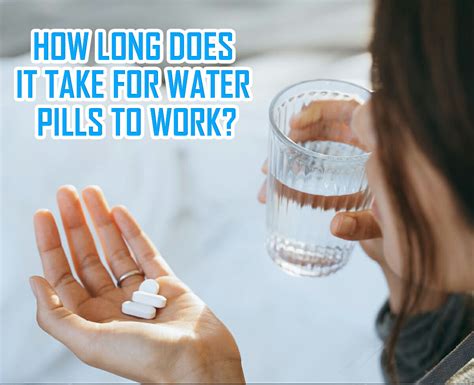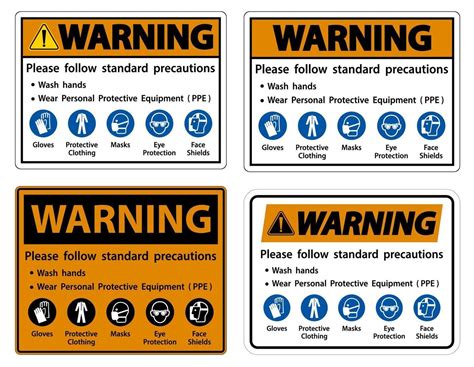Intro
Discover the truth about water pills, diuretics that help reduce water retention, bloating, and swelling, while exploring their benefits, side effects, and uses in treating conditions like edema, hypertension, and fluid overload.
Water pills, also known as diuretics, are a type of medication that helps remove excess fluid from the body. They are commonly used to treat conditions such as high blood pressure, heart failure, and swelling in the legs and feet. Diuretics work by increasing the amount of urine produced by the kidneys, which helps to reduce the amount of fluid in the body. This can be especially helpful for people who have conditions that cause their bodies to retain too much fluid.
The use of water pills can be beneficial for people who are experiencing swelling or bloating due to excess fluid in their bodies. By removing this excess fluid, diuretics can help to reduce blood pressure, improve circulation, and alleviate symptoms such as shortness of breath and fatigue. Additionally, diuretics can be used to treat conditions such as kidney disease, liver disease, and certain types of cancer. It's essential to note that water pills should only be used under the guidance of a healthcare professional, as they can have side effects and interact with other medications.
Water pills are available in different types, including thiazide diuretics, loop diuretics, and potassium-sparing diuretics. Each type works in a slightly different way, but they all help to increase urine production and reduce fluid retention. Thiazide diuretics, for example, work by inhibiting the reabsorption of sodium and chloride in the kidneys, which helps to increase urine production. Loop diuretics, on the other hand, work by inhibiting the reabsorption of sodium, potassium, and chloride in the kidneys, which helps to increase urine production even more. Potassium-sparing diuretics work by inhibiting the reabsorption of sodium in the kidneys, while also helping to retain potassium.
How Do Water Pills Work

The mechanism of action of water pills can be complex, but it's essential to understand how they work to appreciate their benefits and potential side effects. Diuretics can be used to treat a range of conditions, from mild swelling to life-threatening conditions such as heart failure. By increasing urine production, diuretics can help to reduce the amount of fluid in the body, which can help to alleviate symptoms such as shortness of breath, fatigue, and swelling.
Benefits of Water Pills
The benefits of water pills are numerous. They can help to reduce blood pressure, alleviate symptoms such as shortness of breath and fatigue, and improve circulation. Additionally, diuretics can be used to treat conditions such as kidney disease, liver disease, and certain types of cancer. Water pills can also be used to treat swelling and bloating, which can be especially helpful for people who are experiencing these symptoms due to excess fluid in their bodies.Some of the benefits of water pills include:
- Reduced blood pressure
- Alleviated symptoms such as shortness of breath and fatigue
- Improved circulation
- Reduced swelling and bloating
- Treatment of conditions such as kidney disease, liver disease, and certain types of cancer
- Increased urine production, which can help to remove excess fluid from the body
Types of Water Pills

Some of the most common types of water pills include:
- Thiazide diuretics
- Loop diuretics
- Potassium-sparing diuretics
- Carbonic anhydrase inhibitors
- Osmotic diuretics
Each type of diuretic has its own benefits and potential side effects. It's essential to talk to a healthcare professional to determine which type of diuretic is right for you.
Side Effects of Water Pills
While water pills can be effective in treating conditions such as high blood pressure and swelling, they can also have side effects. Some common side effects of diuretics include: * Increased urine production * Dehydration * Electrolyte imbalance * Dizziness * Headache * FatigueIt's essential to talk to a healthcare professional about the potential side effects of water pills and how to manage them. In some cases, side effects can be severe, and it's essential to seek medical attention if you experience any of the following:
- Severe dehydration
- Electrolyte imbalance
- Dizziness or lightheadedness
- Headache or confusion
How to Take Water Pills

Some tips for taking water pills include:
- Take the medication at the same time every day
- Drink plenty of water to help replace lost fluids
- Avoid taking the medication with certain foods or drinks that may interact with it
- Monitor your blood pressure and urine production while taking the medication
- Talk to a healthcare professional about any side effects or concerns
Interactions with Other Medications
Water pills can interact with other medications, including: * Blood thinners * Diabetes medications * Blood pressure medications * Certain types of antibioticsIt's essential to talk to a healthcare professional about any medications you are taking before starting water pills. This can help to reduce the risk of interactions and ensure that you get the most benefit from the medication.
Precautions and Warnings

Some precautions and warnings to be aware of include:
- Allergic reactions
- Dehydration
- Electrolyte imbalance
- Dizziness or lightheadedness
- Headache or confusion
It's also essential to monitor your blood pressure and urine production while taking water pills. This can help to ensure that the medication is working effectively and reduce the risk of side effects.
Conclusion and Next Steps
In conclusion, water pills can be an effective treatment for conditions such as high blood pressure and swelling. However, it's essential to talk to a healthcare professional before starting any new medication. By understanding how water pills work, their benefits and potential side effects, and how to take them, you can get the most benefit from the medication.If you have any questions or concerns about water pills, be sure to talk to a healthcare professional. They can help you determine if water pills are right for you and provide guidance on how to take them safely and effectively.
What are water pills used for?
+Water pills, also known as diuretics, are used to treat conditions such as high blood pressure, heart failure, and swelling in the legs and feet.
How do water pills work?
+Water pills work by increasing the amount of urine produced by the kidneys, which helps to reduce the amount of fluid in the body.
What are the benefits of water pills?
+The benefits of water pills include reduced blood pressure, alleviated symptoms such as shortness of breath and fatigue, and improved circulation.
We hope this article has provided you with a comprehensive understanding of water pills, their benefits, and their potential side effects. If you have any further questions or concerns, be sure to talk to a healthcare professional. Don't forget to share this article with others who may be interested in learning more about water pills.
